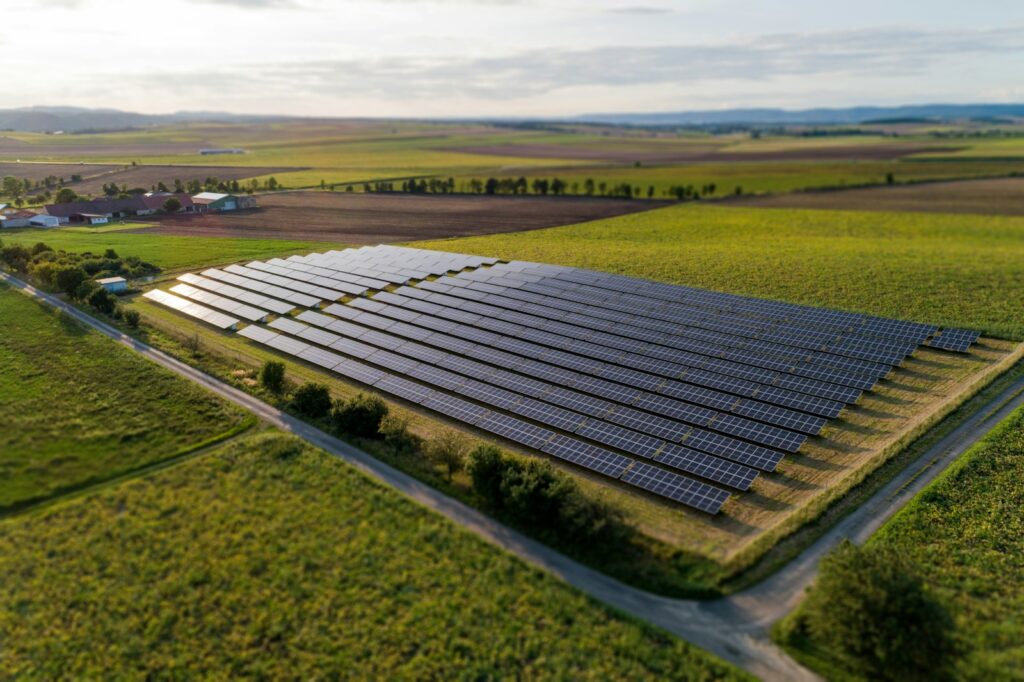The UK’s total greenhouse gas emissions have fallen by 42% since 1990, according to new analysis.
Carbon Brief analysis of figures released yesterday by the Department of Business, Energy and Industrial Strategy (BEIS) revealed that total greenhouse gas emissions have fallen by 42% between 1990 and 2017 with carbon dioxide emissions reducing by 38%.
The figures make clear the work the UK is doing to steadily reduce GHG emissions as the energy and residential sectors lead the way in making progress on a yearly basis.
Expert commentators have hailed the data as positive news, showing that the UK’s transition to cleaner energy sources is making an obvious difference.
Dr Nina Skorupska, chief executive of the Renewable Energy Association (REA), said: ‘The data released today by the government is a huge achievement for the UK and a testament to the effectiveness of how targeted government support and industrial innovation can work together to deliver a clear public good.
‘Further analysis showing the shift towards renewable power generation and energy-efficiency being at the core of this reduction has served to validate the work of the industry and inspire us to continue to strive towards cheaper, greener and smarter energy.’
According to Carbon Brief, UK CO2 emissions have declined from around 600 million tonnes to 367 million tonnes in 2017.
BEIS’s data found that between 2016 and 2017, the energy supply and residential sectors saw the largest reductions in overall emissions, falling by 8% and 4% respectively.
The energy industry’s movement towards cleaner electricity sources such as gas and renewables was the biggest driver of these reductions, accounting for 36% of the CO2 emissions reductions in 2017.
However, the BEIS figures also revealed that transport remains the UK’s largest emissions emitting sector, accounting for a 27% share of emissions overall last year.
‘With over 30 million cars on the road, the majority of which are fuel powered, it is no surprise that the transport sector is the largest emissions emitter,’ said Daniel Brown, the REA’s policy manager.
However, Brown stressed his belief that the government is committed to decarbonising transport, highlighting policy initiatives such as the Road to Zero and the country’s growing move towards electric vehicles.
The REA added that the government must also focus on decarbonising heat, with a clearer plan needed when it comes to changing the UK’s electricity and gas networks.
















